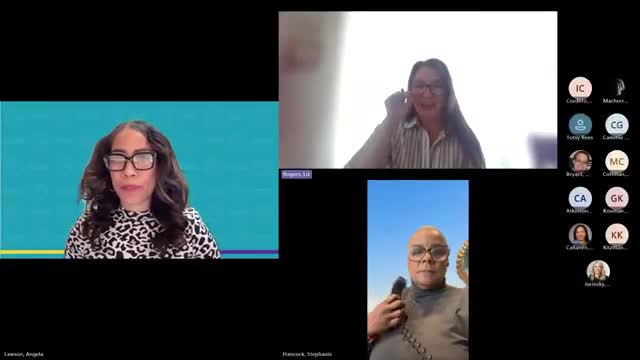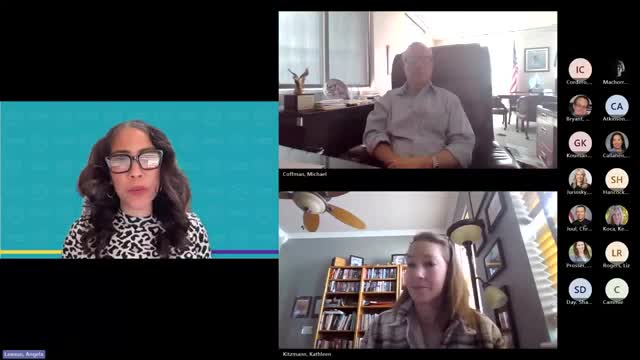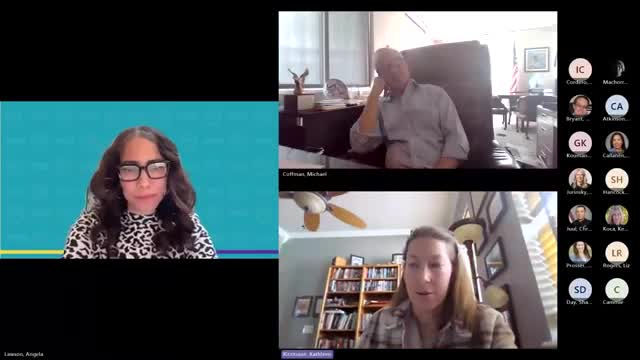Article not found
This article is no longer available. But don't worry—we've gathered other articles that discuss the same topic.

Aurora committee backs Space National Guard bill, adopts positions on state failure-to-appear and transit-safety measures

Aurora committee opposes proposed state reclassification of ‘extreme indifference’ offenses

